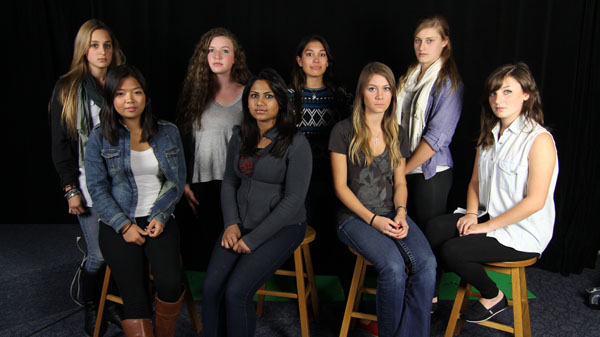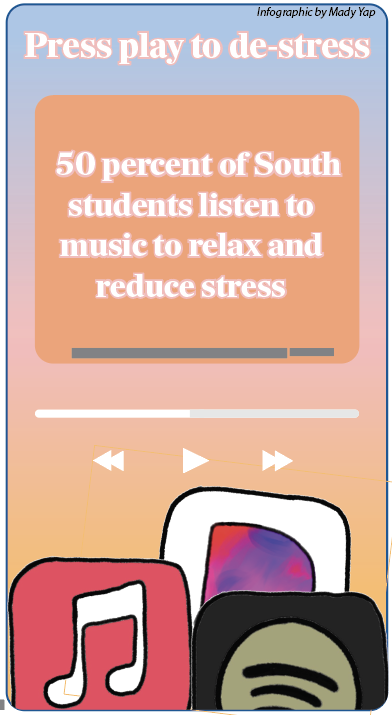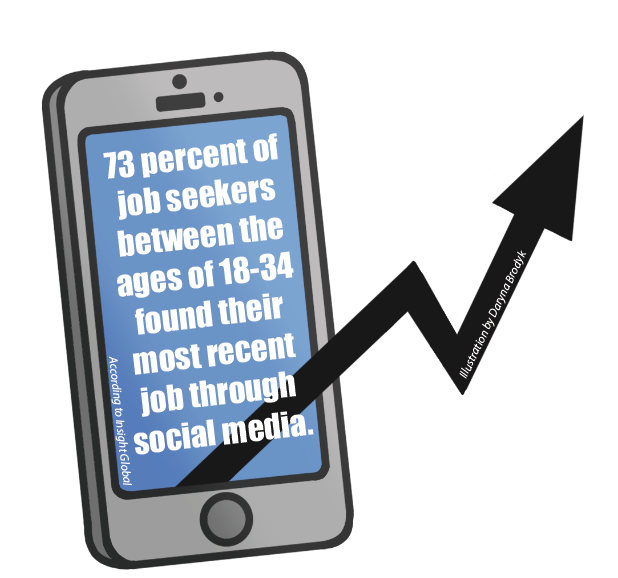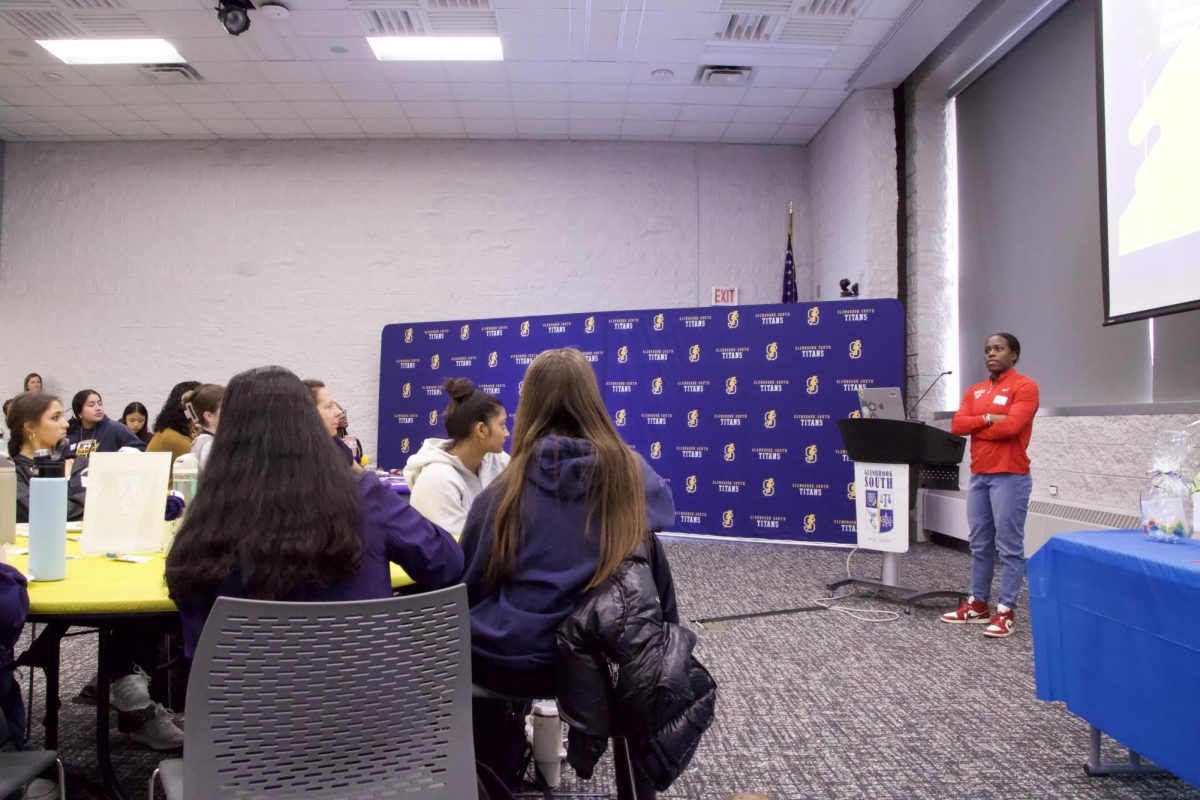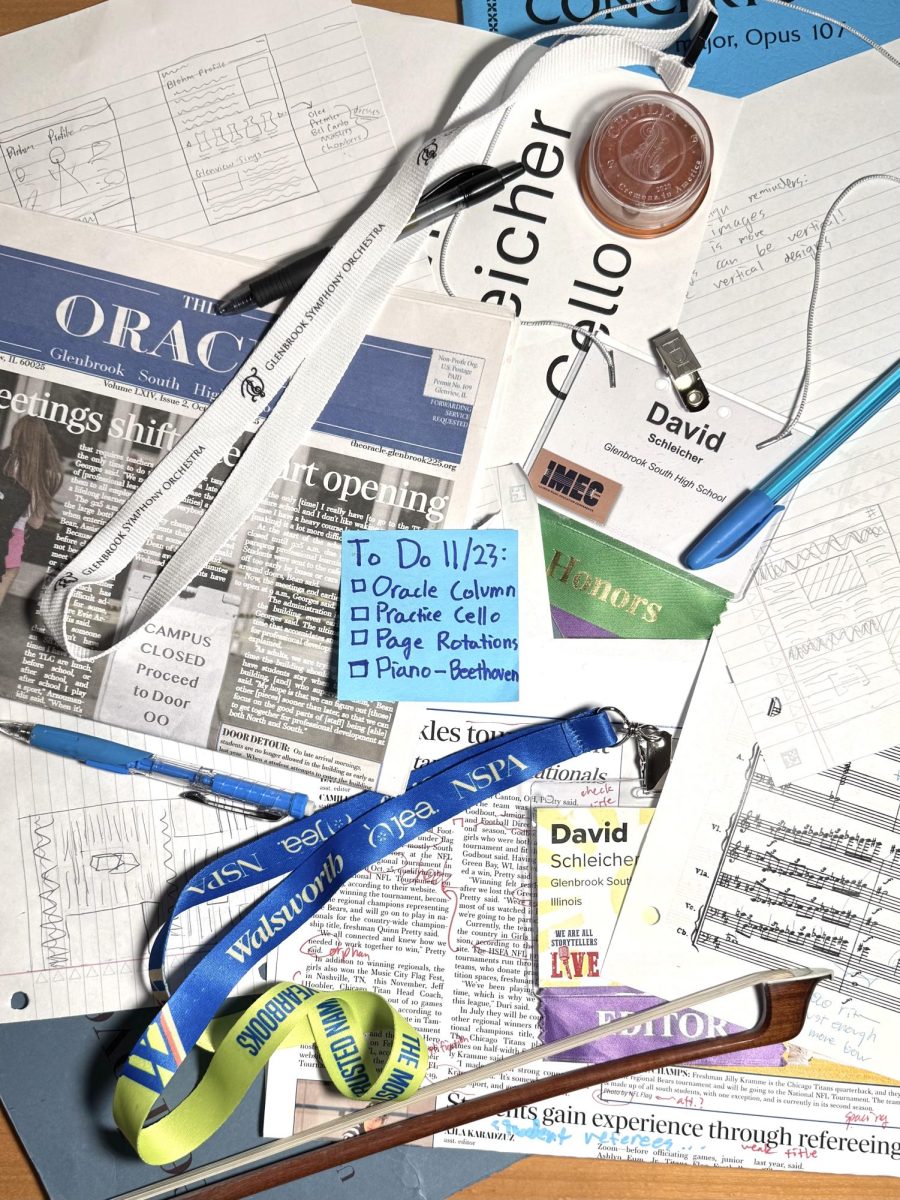As the sound byte from Rep. Todd Akin’s interview flooded the media, millions of women across the country pasted Akin’s face onto dartboards. The liberal blogosphere erupted with indignance, the Romney campaign scrambled to keep their distance and comedians racked their brains for the most original material as Akin stepped into the spotlight as America’s favorite political target.
“First of all, from what I understand from doctors, [pregnancy from rape] is really rare,” Akin said in an Aug. 19 interview. “If it’s a legitimate rape, the female body has ways to try to shut that whole thing down.”
As for Akin’s blatant misunderstanding of female anatomy, health teachers Laura Duffy and Michelle Scheinkopf ask, “Who was this man’s health teacher?”
I likened him to a turtle. Not just because of his long forehead and beady eyes, but because of the way he popped his head out of his shell of political obscurity, dropped a bomb of a sexist remark and shrunk back to safety as the media threw rocks at him.
Even the left-wing podcast Citizen Radio, which dedicates itself to reporting non-mainstream news, was talking about it but in a remarkably different way than the rest. Hosts Allison Kilkenny and Jamie Kilstein connected Akin’s remarks to a term I had never heard before, but which sent my head spinning. Something called ‘rape culture’.
I soon learned that rape culture is when rape is tolerated, validated or trivialized by sexism. It is an unspoken part of our social environment that places unjust blame on victims and allows 97 percent of rapists to never spend a day behind bars, according to Rape, Abuse and Incest National Network. The very act of classifying rape as legitimate or illegitimate is a product of rape culture, one that men and women must consciously recognize and reject.
As a 16-year-old girl, if I were walking down the street and were abducted and raped, I can be sure that Turtle Todd would accept my rape as legitimate. But what if I were raped by my boyfriend, who later swore it was consensual? What if it wasn’t even forcible penetration but psychological pressure that convinced me it was the right thing to do?
What if I were physically unable to tell my rapist to get off of me, like Savannah Dietrich from Louisville, Kentucky? Just 16 years old, she was lying unconscious on the floor when two boys penetrated her with their fingers and snapped pictures of her unclothed body because they “thought it would be funny,” according to CNN.com
She was even victimized well after her rape when the boys were offered a grossly lenient charge: 50 hours of volunteer work and the chance to expunge their records when they turn 19.5 years old. This was thanks to the prosecutor who was not only an alumnus and donor to the boys’ high school but also outspokenly hostile to Dietrich and skeptical of her story.
If you look at this through the lens of rape culture, the reason is clear: the younger you are, the harder it is to escape these sexist social norms. But that’s faulty thinking because females aged 16-25 are three times more likely to be sexually assaulted, according to Rachel Rozynek from the Northwest Center Against Sexual Assault.
As minors, we can’t vote against people like Akin and when we speak out like Dietrich, we’re often not taken seriously. That doesn’t mean we should stop trying. By combating rape culture as teenagers, we’re signaling to people that we exist in the ongoing conversation about women’s rights.
Realize that ‘combating’ doesn’t have to mean kicking down Akin’s door. It could be as simple as recognizing instances of rape culture in your own life: from how male friends treat you to who you choose to ‘hook up’ with and why.
‘#LegitimateRape’ was the trendiest topic on Twitter for hours and suddenly, the majority of the country condemned it. If national understanding can truly be measured by hashtags, what women really need is for ‘#RapeCulture’ to go viral.


